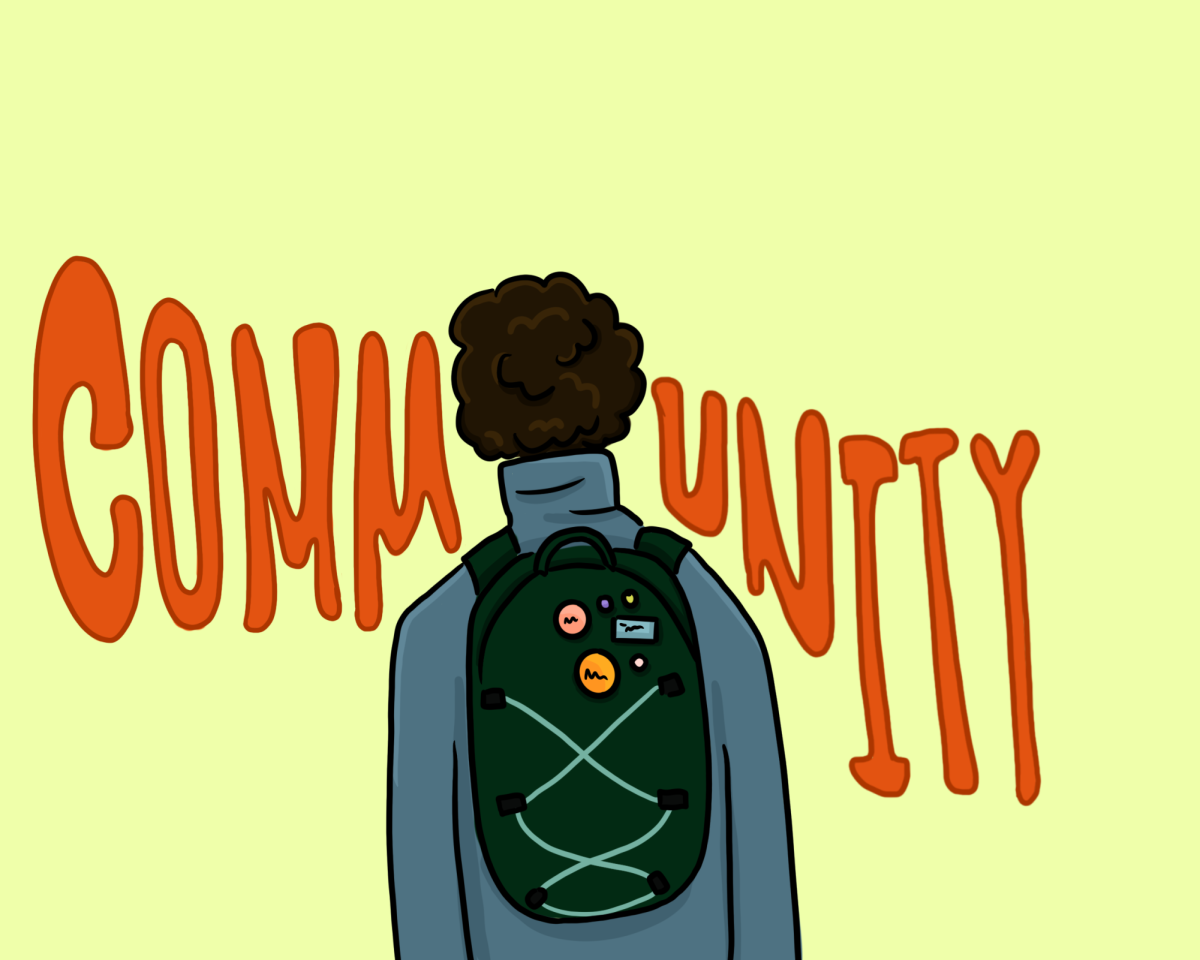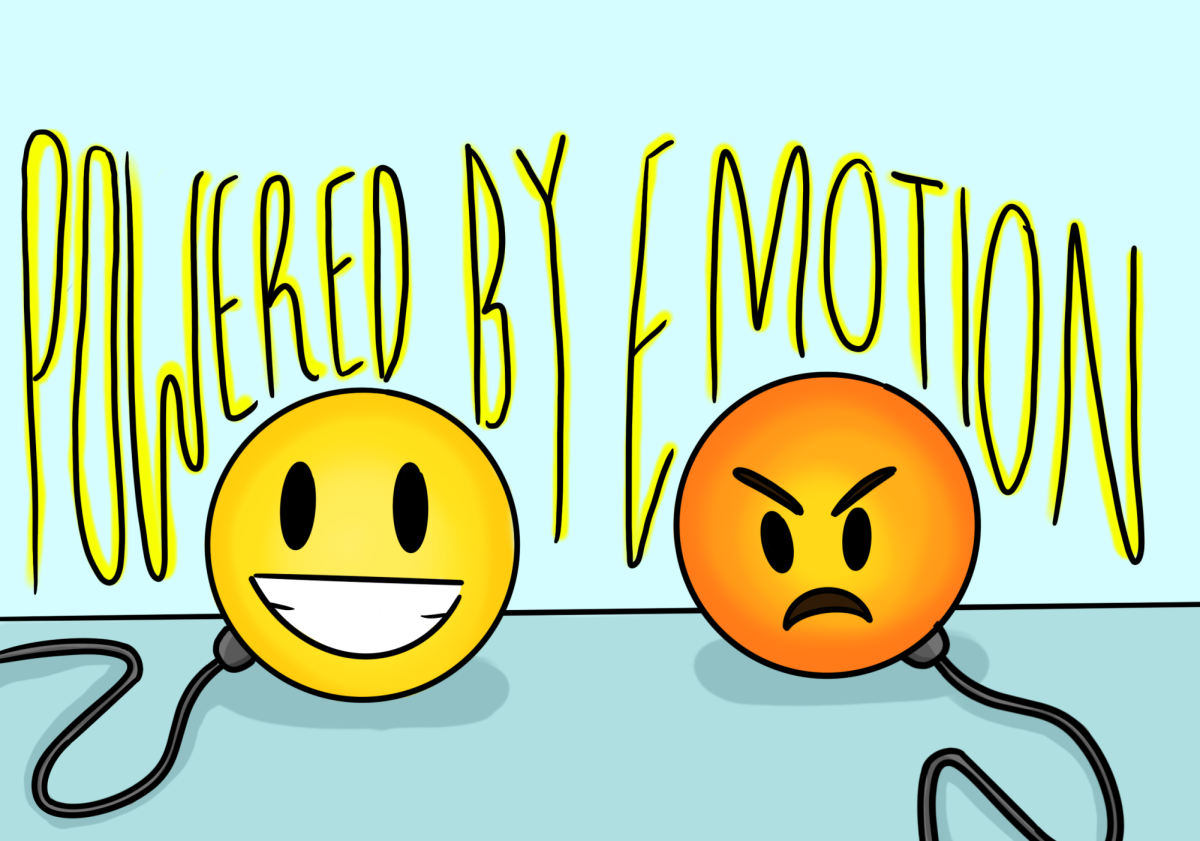Mihaly Csikszentmihalyi, a renowned psychologist, and his son, Chris Csikszentmihaly, spoke at the Michigan on Thursday about the future of human creativity.

Technology was not cooperating. The PowerPoint slides were striped with florescent purple and pink, turning Chris Csikszentmihalyi’s work into an unreadable mush of text and neon colors. With only a few hours to go before Csikszentmihayi was slated to speak he was still working with the tech crew to iron out the latest set of digital wrinkles.
Technology is created to make life easier, but according to Csikszentmihalyi, because technology is manufactured by those with money and power, it makes life easier for people who are perfectly comfortable. Csikszentmihalei believes this current system furthers the agendas of rich and powerful nations and corporations who have the money to develop and innovate.
In his lecture Csikszentmihalyi explained that “We are repeating the same problems because the same people are making technologies.”
In an ideal world, says Csikszentmihalyi, technology would be tailored to make life better for those with little access to modern conveniences.
“Because of the ways technologies are built now 99.99999 percent of them are just perpetuating what we have already. So what I would really like to see is a more sophisticated dialogue about how to build technologies that increase social inclusion, increase egalitarianism and offer different points of view,” said Csikszentmihalyi.
Csikszentmihalyi works with a myriad of creative people at MIT to take on various projects that challenge

the status quo of technology creation.
“The research group I’ve been running for the past decade has been trying to decide what technologies should be made,” said Csikszentmihalyi at the Michigan Theater.
This group, called Computing Cultures, has garnered world-wide recognition for many of their projects. Csikszentmihalyi outlined several in his speech. He spoke about a grad student who created a blender that responded to growling. The louder the person growled, the faster the blade would turn. The goal behind this project was to break down the stereotype that kitchen appliances are only to be used by weak and unintelligent housewives.
Another venture aimed to show the human toll of the Iraq war. One student overlaid a map of Boston with a map of Baghdad and created a backpack equipped with a GPS that would shoot slips of paper into the air. When someone wearing the backpack walked around Boston and came to a place that corresponded with the site of a civilian death in Baghdad, the backpack would shoot the names of civilians killed in Iraq into the air. The wearer of the device would have no way to control or predict when or where the explosion would occur.
If these projects sound outlandish or unorthodox, it is because they are. Csikszentmihalyi, as an artist working at MIT, is a little bit of an oxymoron himself. While MIT may be known for innovating in the fields of science and math, Csikszentmihalyi’s work is noteworthy. It is clear that Csikszentmihalyi is passionate about creating something truly unique.
“I became an artist to do technology. I wanted to make a new kind of technology… I said ‘I’ll give them technology derived from a sense of wonderment about the world,’ ”
Csikszentmihalyi says he gets much of his will to question and improve from his father, Mihaly Csikszentmihalyi, who also spoke at the Michigan Theater on the 16th.
The two don’t often work together due to the differences in their fields of study. Mihaly is a renowned psychologist. However, Chris believes his father has taught him many things that have shaped his career.
“I think professionally I did really think that I would be doing something different than him. But what I really learned from him was to be inquisitive and to always be thinking and to always be challenging your own assumptions,” said Chris.

Chris’ father, Mihaly, has been challenging assumptions in modern phsychology for years. Mihaly is the architect of the idea of flow. Mihaly defins flow as a state where a person is enjoying what they are doing so thoroughly that they become engrossed in it and forget time and place. Mihaly is also considered one of the foremost experts on human creativity. Both father and son share an interest in novel ideas and creativity
Before his son took the stage Mihaly spoke about his own work. He began by explaining what he believes to be the beginning of human creativity.
“What is described as eating the fruit from the tree of knowledge was essentially kind of a mythical description of what happened to humans when they achieved a certain degree of evolution and they can kind of step back and say, ‘What are we doing here? Why are we doing this? Maybe we should get knowledge that is not just given to us from above.’ And we say ‘Oh, we don’t want to just obey the genetic programming, we want to do something new.’ And so to me it was the beginning of human creativity,” said Mihaly.
From there he moved on to discuss a long career studying experts at the head of various cutting-edge fields. Mihaly explained that there are two kinds of creativity: Big C creativity which truly affects how different cultures see the world, and little c creativity which enriches a person’s life without recognition. Simple things like taking a different route when walking a dog and going to a new restaurant are examples of little c creativity.
Big C creativity is much more rare than little c creativity. For Big C creativity to have an effect it must be generally accepted by a population. Mihaly explained how creative ideas are integrated into society as well as how rare it is for truly creative ideas to be generated.
“A small percent of people produce novelty in the domain,” said Mihaly.
Although father and son study vastly different topics they were able to give a lecture about their separate careers smoothly. After each was finished speaking the two asked each other questions in front of the audience. Mihaly explained what convinced him to become a psychologist.
“My interest in creativity came because I thought it was an essential thing in learning about the human way of life,” he said.
Because of their different topics of study and the geographical distance between their homes, Chris and Mihaly do not often speak to the same audience. Having these two experts together to talk about the future of humankind is a rare gift.
While this father and son duo present two different ways of thinking, their work is relatable in some sense.

“We do very different things but in some ways there is nice overlap, I mean he asks questions about life and the future of the human race similar to mine and so forth but he goes about it in a very different way,” Mihaly said.
Chris looks to the future as well. He is cautious to jump headfirst into creating technologies without first giving thought to their full scope and influence. In a sense, Chris wants to channel human creativity to innovate and invent equality minded products rather than continuing to cater to the upper echelons.
“For my question it is what future do we want to step into. You know the technologies we build,” said Chris, “will either perpetuate the status quo or offer people new opportunities.”
Photos by Shadi Ahmadmehrabi
Listen below to Chris Csikszentmihalyi speak about his father’s influence on his career:
Chris Csikszentmihalyi



